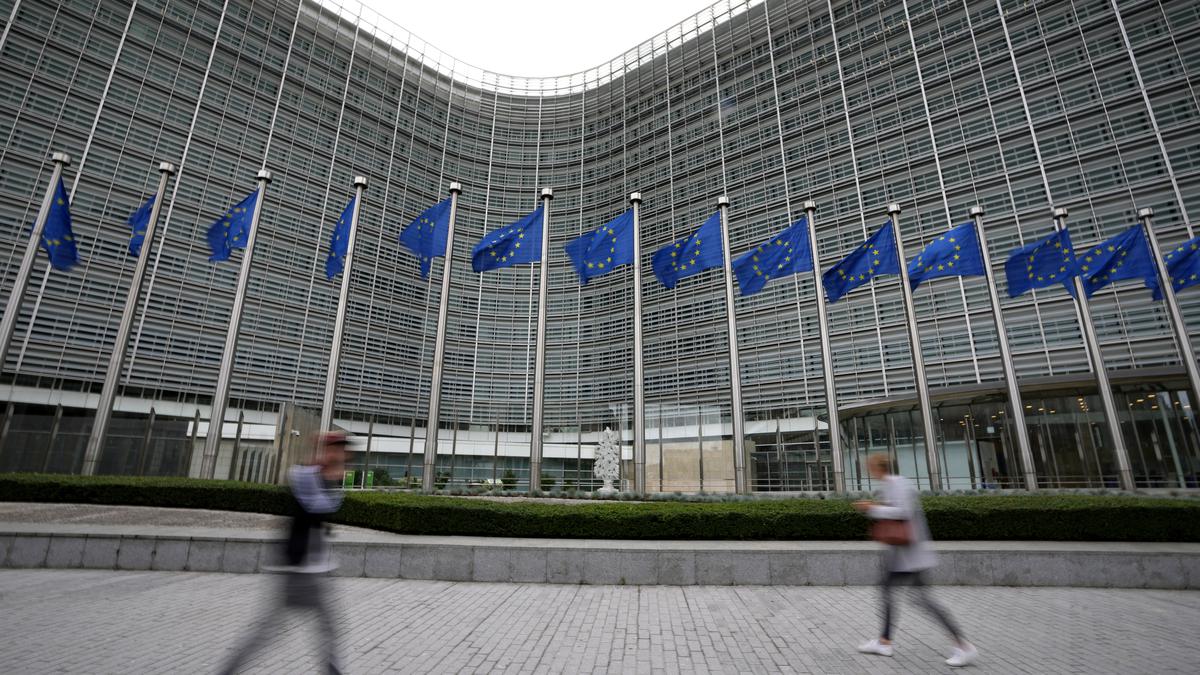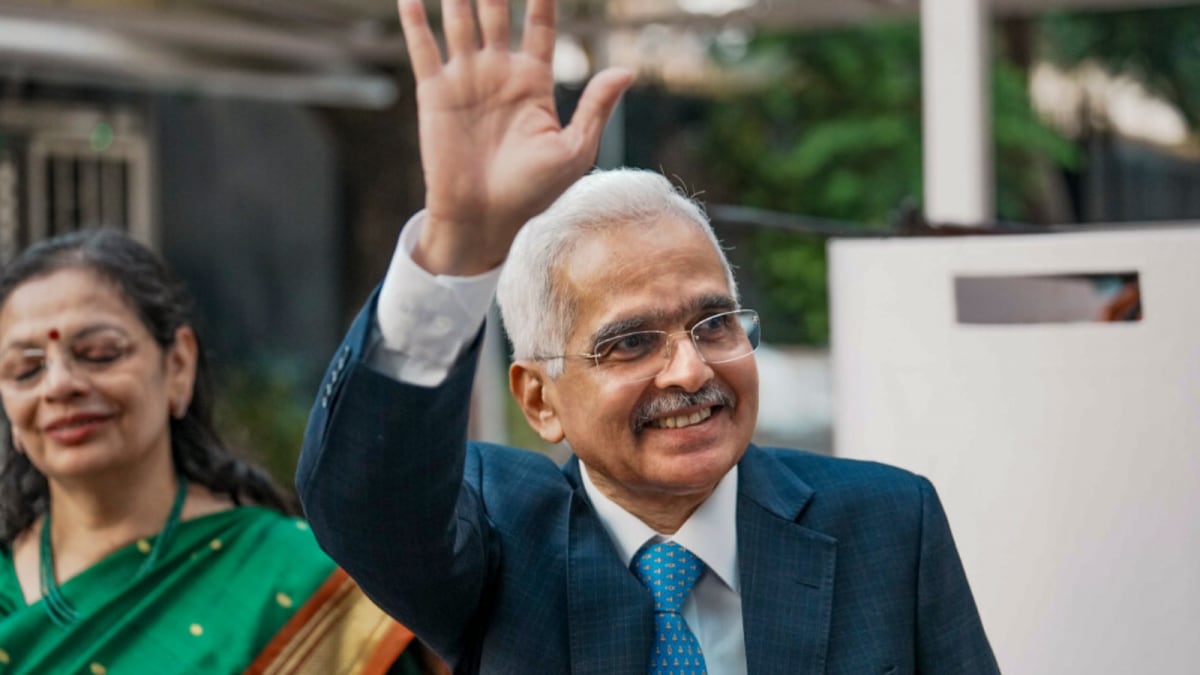- February 27, 2024
Frustration grows inside EU as German infighting hurts block’s goals

Representational image of European Union flags wave in the wind as pedestrians walk by EU headquarters in Brussels
| Photo Credit: AP
Once considered a vital engine of the European Union, Germany is causing growing consternation in capitals across the bloc as disagreements in its ruling coalition spill over to thwart key EU policy goals.
The internal German bickering and its European echoes are seen in Brussels as a symptom of something deeper: Germany’s unresolved quest for a new economic model after the Ukraine war put an end to the cheap Russian gas and largely unfettered trade channels that fuelled its export-oriented industry for decades.
“Much more than others in a phase of existential angst,” one EU diplomat characterized Germany’s condition. “They fear that the software itself is broken — and on top of that, you get the different logic from coalition members.”
When Social Democrat Olaf Scholz struck a coalition deal with the environmental Greens and economic liberals of the Free Democrats (FDP) in late 2021 it was clear the pact had a rocky way ahead, but few predicted their differences would emerge at the EU level.
Popularity dips
Since then, only the Greens have managed to roughly keep their popularity. Mr. Scholz’s Social Democrats are down to 14-15% from almost 26% in the election and support for the smallest, the FDP, has more than halved to 3-5% – meaning it would not even get into Parliament if elections were held now.
“There is a causality there — precisely because the FDP are being snowed under domestically, they are looking for a way to raise their profile in carefully-selected EU files to rally their electorate,” a second EU diplomat said.
German officials point to the constructive role Berlin has played in recent EU decisions to secure Ukraine aid or reform rules on budget deficits.
But in other areas, the differences have made it harder for the EU to implement its agenda, including its green deal.
The impact became apparent last March, when Germany’s FDP Transport Minister Volker Wissing at the last minute reneged on a deal Germany and other EU governments and lawmakers struck in 2022 to curb CO2 emissions from cars, shaking partners’ confidence in Berlin. “Why would we want to do a deal with them if we cannot trust Germany will stick to it?” the EU diplomat said.
Complicating matters further, a German constitutional court ruling last November blew a €60 billion hole in the German budget, in an embarrassment to FDP leader and German FM Christian Lindner.
“That was the tipping point,” a second senior EU diplomat said. “Now, everything that has economic implications is extremely difficult.”
Emissions law
More recently, Germany’s FDP-led Transport Ministry has again forced last minute changes to an EU law on curbing CO2 truck emissions, while Labour Ministry’s objections contributed to the scuppering of an EU law that would boost gig workers’ rights.
Germany also helped sink an EU law that would require large companies to determine if supply chains use forced labour or cause environmental damage.
“If a result is bad, you have to be able to say no,” German Justice Minister Marco Buschmann, a close ally of Mr. Lindner, told Spiegel magazine this week. “Just because an idea has been negotiated for a long time at EU level does not automatically mean it is good,” he said.
Opening doors
The German government had no immediate comment on EU concerns but a government source told Reuters that, while internal coalition disputes made Germany abstain in recent EU votes, it was far from being the only “blocker” of EU projects.
For example, a long-mooted EU-Mercosur trade deal is on hold due to a variety of objections in European capitals.







